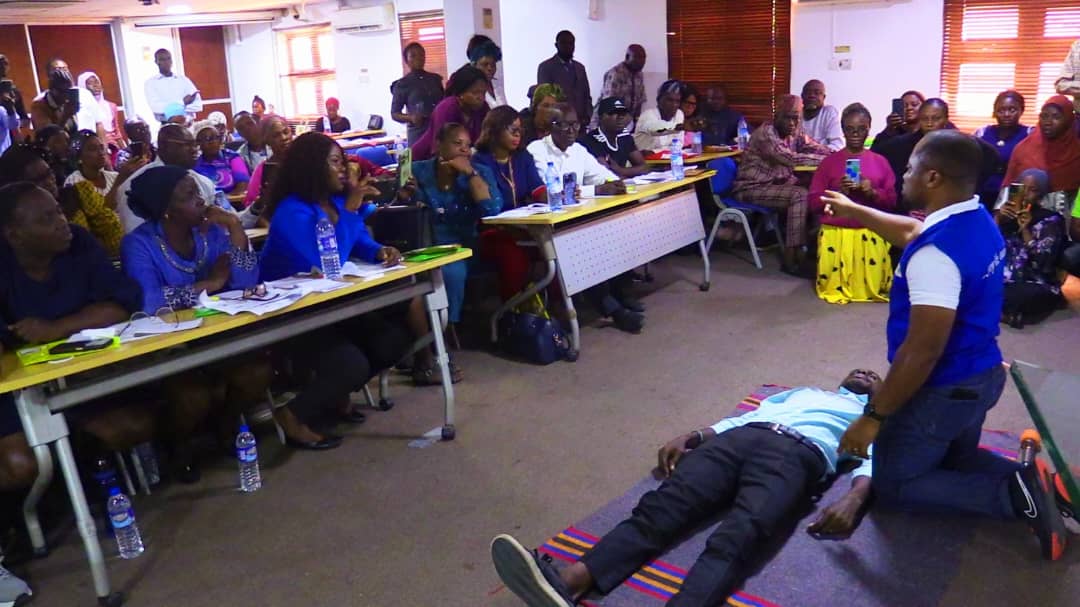1. Training and Education
- Certifications: Obtain relevant certifications (e.g., CPR, First Aid, EMT, or Paramedic).
- Continual Learning: Stay updated with the latest techniques and protocols through workshops and online courses.
2. Practical Skills
- Hands-On Practice: Regularly practice skills in simulated scenarios to build confidence and competence.
- Assessment Skills: Learn to assess a situation and prioritize actions based on severity quickly.
3. Communication Skills
- Clear Communication: Develop the ability to convey information clearly and effectively to patients, bystanders, and other responders.
- Listening Skills: Practice active listening to understand the needs of victims and gather accurate information.
4. Physical Fitness
- Maintain Fitness: Regular exercise is important for the physical demands of the job, including lifting, carrying, and endurance.
5. Emotional Resilience
- Stress Management: Learn techniques to manage stress and maintain composure in high-pressure situations.
- Support Systems: Engage in peer support groups or counseling to process experiences and emotions.
6. Teamwork and Leadership
- Collaboration: Work effectively within a team, understanding roles and responsibilities.
- Leadership Skills: Develop the ability to take charge when necessary and guide others during emergencies.
7. Community Involvement
- Engage with the Community: Participate in community outreach programs to educate the public about emergency preparedness.
- Build Relationships: Establish rapport with local agencies and organizations to improve coordination during emergencies.
8. Critical Thinking and Decision Making
- Prioritize Actions: Learn to make quick, informed decisions based on the situation and available resources.
- Scenario Planning: Engage in scenario-based training to enhance problem-solving skills.
9. Cultural Competence
- Understand Diversity: Be aware of and sensitive to the cultural backgrounds of those you serve, which can affect communication and care.
10. Feedback and Self-Reflection
- Seek Feedback: Regularly ask for feedback from peers and supervisors to identify areas for improvement.
- Reflect on Experiences: Take time to reflect on past experiences to learn and grow from them.
Focusing on these areas can enhance your effectiveness and make you a more skilled and compassionate first responder.
Click here now to learn free first aid: https://traumacareinternational.org/elearn/





What do you think?
0 Responses
To Comment, you must Sign In
Be the First to Post on this Topic